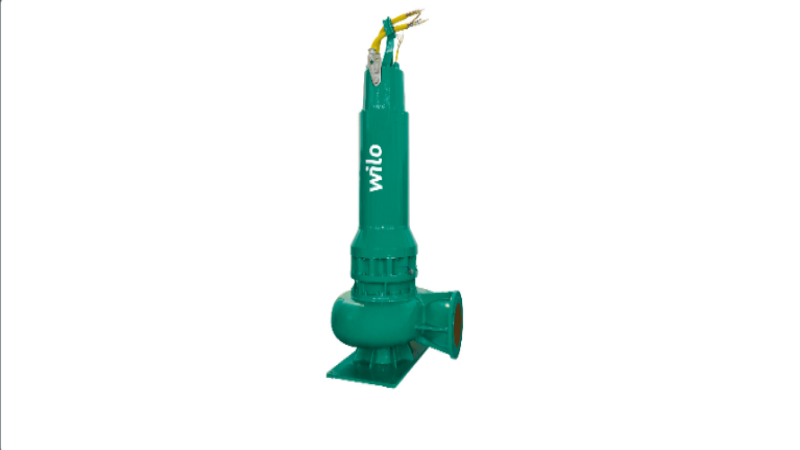If you ask a company what type of cylinder it uses, most likely it will say double acting. This configuration is the most common. However, other options do exist. One is the single acting cylinder. In some instances, it may prove to be more apt for certain applications than its more popular double action counterpart is.
Single Acting Cylinders
The major feature of this type of hydraulic cylinder is reflected in its name “single action.” Single acting cylinders only accept pressurized fluid along one side of the piston. On its other side, the volume of the piston vents into the atmosphere or may return to the tank. The cylinder may expand or contract during this process. It will depend upon the routing of the fluid creating the action. Extension results from the fluid moving to the cap end: contraction from it channeling to the rod end. In both instances, the action generates a force that causes the piston rod to return to its initial position.
Springs and the Single Action Cylinder
Two types of springs are common in this single action configuration. They are:
- Spring-Extend
- Spring-Return Type
The spring-return type is more common. The pressurized fluid enters the cap end. This action extends the piston rod of the cylinder. When the fluid exits the cylinder, the return spring applies force onto the piston. This causes it to retract.
While a spring-extend cylinder is best for parking brakes, the spring-return type is more suitable for various forms of factory automated systems. This category of single acting hydraulic cylinder is often found in industrial material handling.
The Double or Single Acting Cylinder
While the double acting cylinder is common in many industrial applications, it does not negate the need for its alternative. The single acting cylinder proves to have its own industrial niche. When selecting the right type, for the application, be sure to consult with your company’s engineers and experts in the field.
